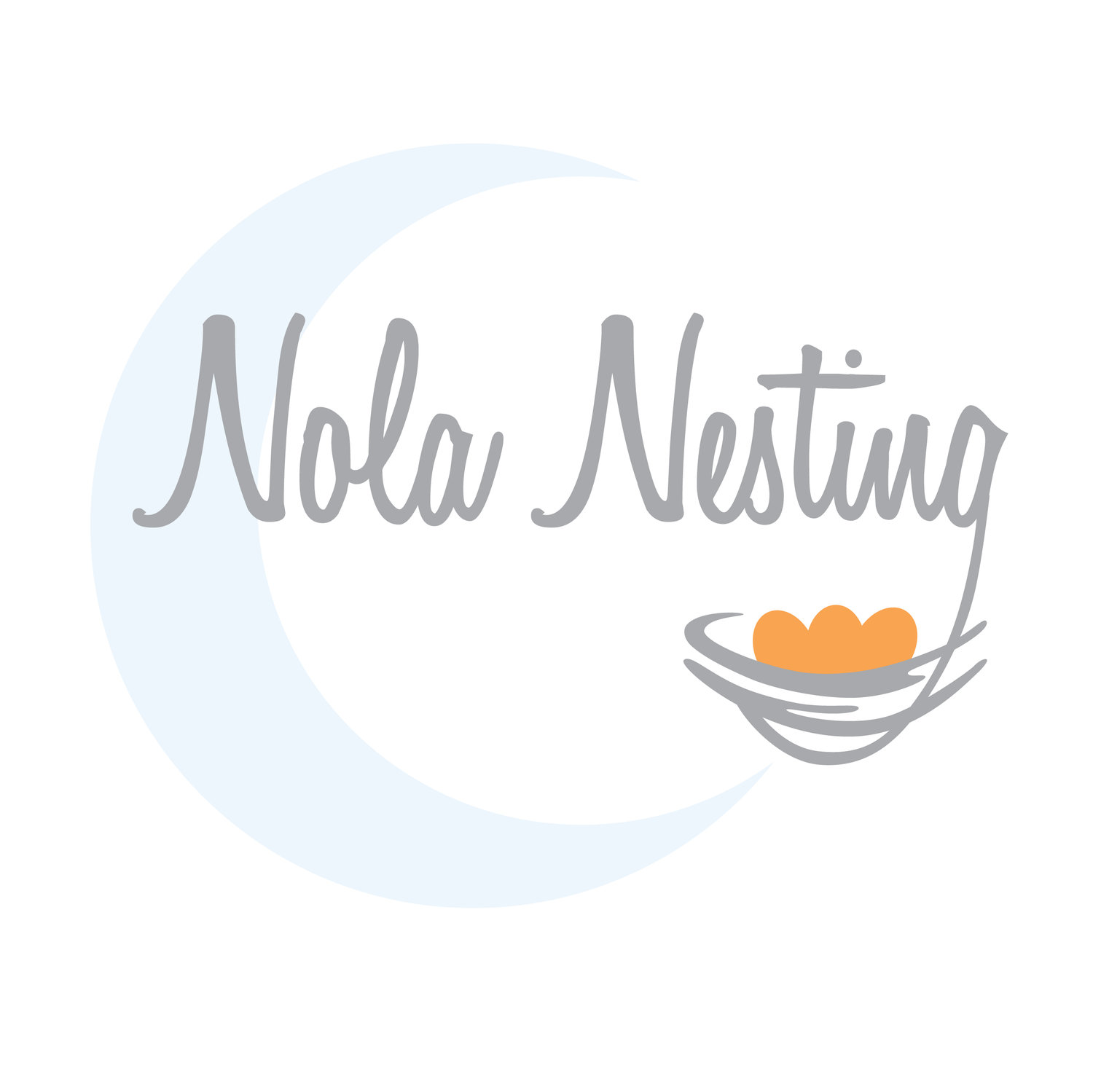We love supporting VBACs and would love to help you have a great one. We have New Orleans best VBAC doulas and will cheer you on all the way. But the first step to having a great VBAC is understanding your risks - and what they aren’t - and then choosing a health care provider who is actually supportive of your VBAC. With these things in line your doula can help you have an incredible birth experience.
Jen Kamel of VBAC Facts® is my favorite VBAC expert. If you are considering a VBAC or just want to know more about your options - did you know scheduling a repeat cesarean also introduces serious risk? - we can’t recommend following VBAC Facts®, signing up for the newsletter and her family course enough
Below is a VBAC Facts® newsletter from Jen that we want to share with you. In this, the conversation is basically - does my doctor/midwife/hospital have the right to refuse a VBAC (or over-emphasize risk/manipulate/policy-out to avoid providing VBAC care)?
We’d love to hear what you think and are happy to chat about your VBAC plans anytime.
A reader recently said,
"I think that a woman who wants to try to vbac should be able to, but I also think a doctor has the right to not do vbac deliveries in his/her own practice. I'm sorry but as the woman has that right, so does the doctor. She can go to another ob. I have seen them go beautiful and I've seen more than not (specially with a classical incision) go horribly wrong with the mother almost dying and the baby dead. Specially when they try to have a home birth with a vbac. I work as a Surgical O.B. Tech at a hospital that does vbacs."
I have so many thoughts on this... like many things surrounding VBAC, there's a lot of nuance. So let's dive in.
ACOG does recommend that a physician refer a woman to a VBAC supportive provider if the physician does not feel that they can attend the birth.
It doesn't happen as often as it should for two reasons.
One, many communities do not have a VBAC supportive provider. None. So there is no one to refer to. Many doctors don't want to attend VBAC due to fear and political pressure.
So when there is no one in a woman's community who attends VBAC, what then?
Second, other providers do not refer out because they see VBAC as dangerous, cesareans as benign and the desire to have a VBAC as reckless. So they tell the patient that and then the patient "consents" to a repeat cesarean because they are scared.
ACOG is clear that VBAC is a safe option, birthing parents should have access to it, they shouldn't be forced to have cesareans due to hospital policy, and they are the ultimate decision makers regarding their health care.
While there is a lot of focus on uterine rupture, we know that cesarean complications like accreta are far more deadly to birthing parents and their babies.
This is why ACOG says the decision to have a VBAC or not is in the hands of the birthing parent. But when parents get incomplete information from their provider, it is hard for them to know their options and make an informed decision.
ACOG says many with a prior cesarean are candidates for VBAC and they do not risk out VBAC for those with multiple prior cesareans. Nevertheless, the repeat cesarean rate in the United States is almost 90%. Only 14% actually have a VBAC.
Meanwhile, the rate of placenta accreta is rising along with the mothers and babies who suffer greatly as a result.
That is why I developed "The Truth About VBAC™ for Families." I want to make it super easy for you to finally get crystal clear on the evidence so you can conquer your fears, eliminate confusion, and make informed decisions.

